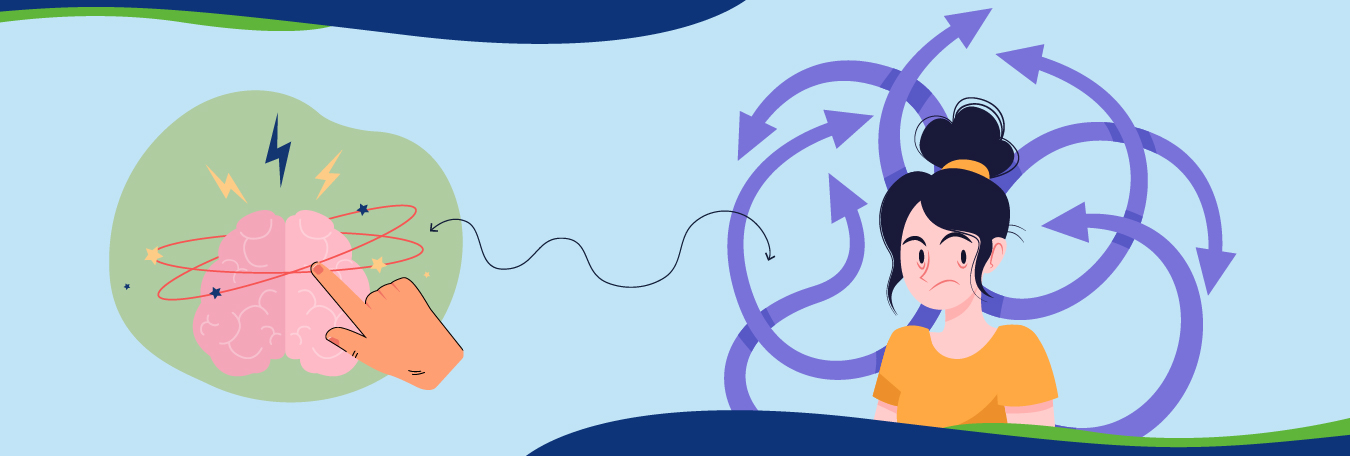Alcohol, drugs, or other substance dependency is a chronic disease that impacts many people’s lives. Addictive services are highly important as they get rid of substance use disorders and assist sufferers to have healthier lives.
In this article, numerous approaches to how addiction services can be improved, particularly in the areas of prevention, treatment, and recovery, will be discussed.
Prevention: Building Resilience And Awareness
- Comprehensive Education: School-based, community-based, and workplace-based programs that educate the population on the facts and effects of substance use can prepare society for substance-related features. These programs should include matters of coping, decision-making, and peer pressure.
- Early Intervention: Pre-addiction can be prevented. Individuals showing signs of being at risk can be intervened in time. Hospitals, schools, and community-based programs should identify persons needing such services and establish intervention programs to provide support, consultation, counseling, and appropriate services to this group.
- Community-Based Initiatives: The community stands out as a useful component where prevention efforts can help identify and overcome the signs of addiction. Such measures include arranging sporting and health-related activities, supporting multiple community causes, and advocating for the well-being of every person within the community regardless of age.
Read More: Is An Eating Disorder An Addiction?

Treatment: Tailored Approaches For Effective Recovery
- Evidence-Based Therapies: CBT, MET, and contingency management therapies are integrated with evidence-based support. These therapies manage the psychological causes of problem behaviors, teach skills for managing emotions, and build appropriate skills.
- Medication-Assisted Treatment: Medication-assisted treatment can be ever useful for treating substance use disorder for certain substances to control craving and withdrawal symptoms. It is recommended to base the treatment of ADHD on MAT complementary to behavioral therapies.
- Holistic Approaches: Focusing on different aspects of addiction may lead to improved results. Complementary therapies like yoga, meditation, and acupuncture may enhance these.
Recovery Support: Fostering Long-Term Success
- Aftercare Programs: It is agreed that effective aftercare plans are important and can ensure a client does not return to using the substance. Such programs may comprise peer support, counseling, and vocational training.
- Community Support Networks: Recuperation requires effective community support to bolster morale. This may involve referring patients to other individuals in related recovery and the family and community social support systems.
- Addressing Co-Occurring Disorders: For most patients with substance use disorders, disorders involve the presence of other mental disorders as well. Both conditions must be treated in parallel to achieve a proper treatment outcome.
Read More: A Comprehensive Guide to the advantages of Telehealth
Addressing Particular Challenges
- Stigma Reduction: There is a problem with the understanding of addiction, and all the prejudices that are due to this phenomenon must be abolished to remove barriers to treatment. Awareness raising about prejudices, community development initiatives, and media activism should be used to address prejudices.
- Access to Treatment: To boost the results achieved, access to addiction services has to be fair and equal. This has been done by introducing new therapies, shortening patients’ waiting time for a doctor’s appointment, and raising money for addiction treatment centers.
- Cultural Sensitivity: Therefore, cultural competence in addiction services can be defined as effective approaches to the various population groups. This includes offering appropriate therapeutic choices, employing employees who clearly understand and are okay with the specific culture of the patients, and dealing with language issues.
- Technology Integration: According to the present account, the application of technology in addiction services can be made in the following ways: For Instance, telemedicine can enhance remote treatment, especially where traditional treatment is hard to come by in rural regions. Mobile applications can offer assistance, materials, and tracking to people who are in recovery.
- Data-Driven Approaches: No one will argue that data collection/analysis can assist in trend analysis, program efficacy appraisals, and policy-making. The introduction of evidence-based strategies can improve the quality and effectiveness of addiction services. The third and final section is about partnerships and collaboration.
- Public-Private Partnerships: Many governmental and non-governmental organizations, first of all healthcare organizations, can join efforts to stem the tide of addiction. They can help form elaborate prevention and treatment programs and reliable addiction recovery centers.
- International Cooperation: Taking up the problem of addiction is truly an international issue that cannot be solved alone. Education through the dissemination of research, tools, and best practices practice can go a long way in enhancing the substance use services in these countries and thus reducing the burden exerted by substance use on the world.
Conclusion!
Elevating Addiction Services offers a holistic possibility for dealing with substance dependency that entails not only the actual treatment but also the prevention of substance use and subsequent recovery. The addiction services programs can help make a positive change and build a stronger and healthier individual and community if the latest evidence-based therapies and other integrative complementary and wellness approaches, together with the support of local communities, are involved. Approaching such issues as stigma, access to California addiction treatment, and cultural competence is facilitated to produce better results. Meanwhile, country involvement and technological innovations, along with medication management and psychotherapy, point to the possibility of reaching a fresh approach to managing addiction worldwide. Don’t let addiction control your life. Contact Inland Empire Behavioral Group today!




